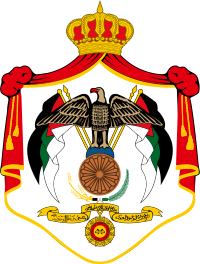
The Department for Culture, Media and Sport (DCMS) is a department of His Majesty's Government, with responsibility for culture and sport in England, and some aspects of the media throughout the UK, such as broadcasting.
The Department of Canadian Heritage, or simply Canadian Heritage, is the department of the Government of Canada that has roles and responsibilities related to initiatives that promote and support "Canadian identity and values, cultural development, and heritage."

Historic preservation (US), built heritage preservation or built heritage conservation (UK) is an endeavor that seeks to preserve, conserve and protect buildings, objects, landscapes or other artifacts of historical significance. It is a philosophical concept that became popular in the twentieth century, which maintains that cities as products of centuries' development should be obligated to protect their patrimonial legacy. The term refers specifically to the preservation of the built environment, and not to preservation of, for example, primeval forests or wilderness.

The University of Jordan, often abbreviated JU, is a public university located in Amman, Jordan. It was founded in 1962 by royal decree, and it is the largest and oldest institution of higher education in Jordan. It is located in the capital Amman in the Jubaiha area of the University District. It is composed of 20 faculties, and it contains over 95 departments. The university's stated main strategy and rule is to be global and productive in all its educational fields.

The Agency for Cultural Affairs is a special body of the Japanese Ministry of Education, Culture, Sports, Science and Technology (MEXT). It was set up in 1968 to promote Japanese arts and culture.
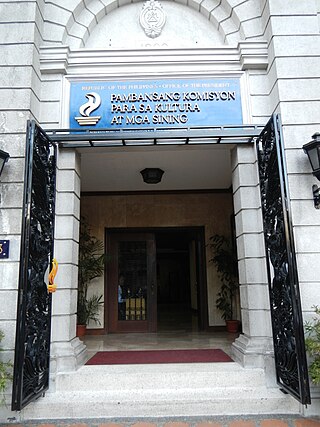
The National Commission for Culture and the Arts of the Philippines is the official government agency for culture in the Philippines. It is the overall policy making body, coordinating, and grants giving agency for the preservation, development and promotion of Philippine arts and culture; an executing agency for the policies it formulates; and task to administering the National Endowment Fund for Culture and the Arts (NEFCA) – fund exclusively for the implementation of culture and arts programs and projects.
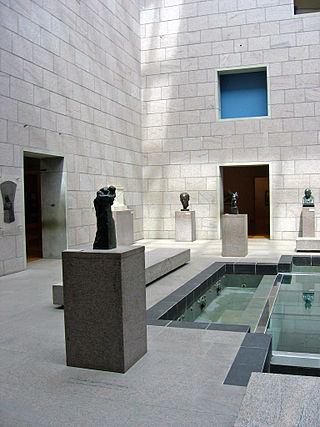
Cultural policy is the government actions, laws and programs that regulate, protect, encourage and financially support activities related to the arts and creative sectors, such as painting, sculpture, music, dance, literature, and filmmaking, among others and culture, which may involve activities related to language, heritage and diversity. The idea of cultural policy was developed at UNESCO in the 1960s. Generally, this involves governments setting in place processes, legal classifications, regulations, legislation and institutions which promote and facilitate cultural diversity and creative expressions in a range of art forms and creative activities. Cultural policies vary from one country to another, but generally they aim to improve the accessibility of arts and creative activities to citizens and promote the artistic, musical, ethnic, sociolinguistic, literary and other expressions of all people in a country. In some countries, especially since the 1970s, there is an emphasis on supporting the culture of Indigenous peoples and marginalized communities and ensuring that cultural industries are representative of a country's diverse cultural heritage and ethnic and linguistic demographics.

The Royal Norwegian Ministry of Culture and Equality is responsible for cultural policy, regulations and other matters related to the media and sports, and equality and non-discrimination. The ministry was established in 1982, as the Ministry of Cultural and Science. Until then, the Ministry of Church and Education Affairs had had the overriding responsibility for cultural affairs in Norway. It is led by the Minister of Culture and Equality Lubna Jaffery (Labour) since June 2023. The Secretary-General of the ministry is Kristin Berge. The ministry reports to the Storting.
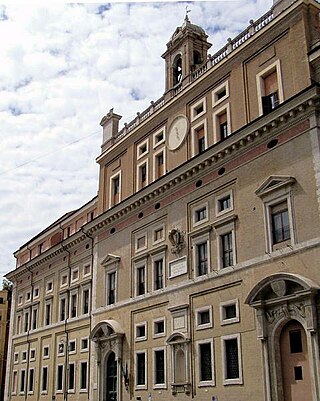
The Ministry of Culture is the ministry of the Government of Italy in charge of national museums and the monuments historiques. MiC's headquarters are located in the historic Collegio Romano Palace and the current Minister of Culture is Gennaro Sangiuliano.
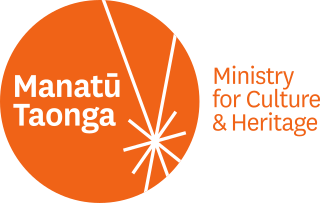
The Ministry for Culture and Heritage is the department of the New Zealand Government responsible for supporting the arts, culture, built heritage, sport and recreation, and broadcasting sectors in New Zealand and advising government on such.

Zaki Anwar Nusseibeh is the Cultural Adviser to the President of the UAE and the Chancellor of UAE University. He has been active in government service in the United Arab Emirates since its formation in 1971, and with the Government of the Emirate of Abu Dhabi since 1968.
Create NSW is a government agency of the Government of New South Wales, that falls within the Enterprise, Investment and Trade cluster. The agency was created on 1 April 2017 from an amalgamation of Arts NSW (ANSW) and Screen NSW. Create NSW is responsible for administering government policies that support the arts, artists and the various cultural bodies within the state of New South Wales in Australia, and for the provision of funding. It also provides secretarial and administrative support to the Arts & Culture Advisory Committee, a high-level committee which works with the government to help shape policy and promote the arts throughout the state.

The Minister for the Arts is a Minister of the Crown in the New South Wales Government who has responsibilities for the administration and support for the arts in the state of New South Wales, Australia. The portfolio was abolished in 2019 and merged into the portfolio of Minister for the Public Service and Employee Relations, Aboriginal Affairs, and the Arts; and reinstated in December 2021.

The Ministry of Culture of Azerbaijan Republic is a governmental agency within the Cabinet of Azerbaijan in charge of regulation of the activities and promotion of Azerbaijani culture. The ministry is headed by Anar Karimov.
Manitoba Sport, Culture and Heritage is the department of the Government of Manitoba responsible for managing government programs and services that support the sport, art, culture, and heritage of the province, through developing, supporting, promoting, and celebrating the identity and well-being of Manitoba and its communities.
The Ministry of Culture and Information Policy (MCIP) is the main state authority in the system of central government of Ukraine responsible for ensuring the informational sovereignty of Ukraine, in particular regarding the dissemination of socially important information in Ukraine and beyond, as well as ensuring the functioning of state information resources and country's cultural development and history preservation. It is fully based on the former Ministry of Culture and Tourism. The Honcharuk Government merged the Ministry of Youth and Sports, established on February 28, 2013, and the Ministry of Culture (MinCult), established on December 9, 2010, into the Ministry of Culture, Youth and Sports. But its succeeding Shmyhal Government undid this merger, separating the Ministry of Youth and Sports into a separate body, and the Ministry of Culture, Youth and Sports on 23 March, 2020 will be renamed the Ministry of Culture and Information Policy, joining the Ministry of Information Policy, which operated from 2 December 2014 to 29 August 2019.

The Ministry of Religious Affairs and Culture administers the religious affairs, cultural affairs and historical and archaeology research efforts of Myanmar. The Department of Religious Affairs purification, perpetuation, promotion and propagation of the Theravada Buddhist Sasana and promotes Myanmar traditional customs and culture.
The Quality of Life Program (QOLP) is one of the Saudi Vision 2030 Realization Programs. It was launched in the middle of 2018 with the strategic aim of improving the ‘lifestyle’ and ‘livability’ of individuals, families, and communities. The program hopes to achieve its goals by transforming cities by supporting and creating more choices that foster participation in environmental, cultural, social, entertaining, sporting, and other activities. According to the program, these activities aim to increase overall wellbeing while creating additional jobs, diversifying the economy, and improving the overall status of Saudi cities to be "among the world's best cities.".

The Ministry of Culture and Sports of the Republic of Kazakhstan is the central executive body in the Government of Kazakhstan, that provides leadership in the fields of culture, internal political stability, interethnic harmony, the development of languages, state symbols, state social order, archiving and documentation, religious activities, physical culture and sports, gambling, as well as intersectoral coordination and state regulation.

Chinbat Nomin is a Mongolian politician who has been the Mongolian Minister of Culture since January 29, 2021.
